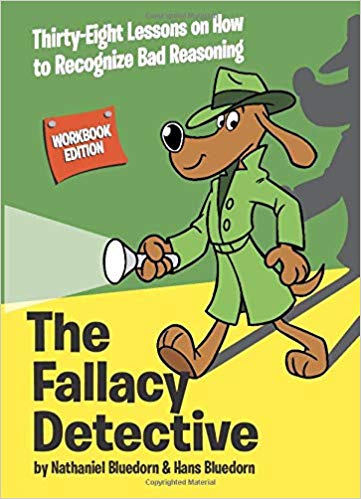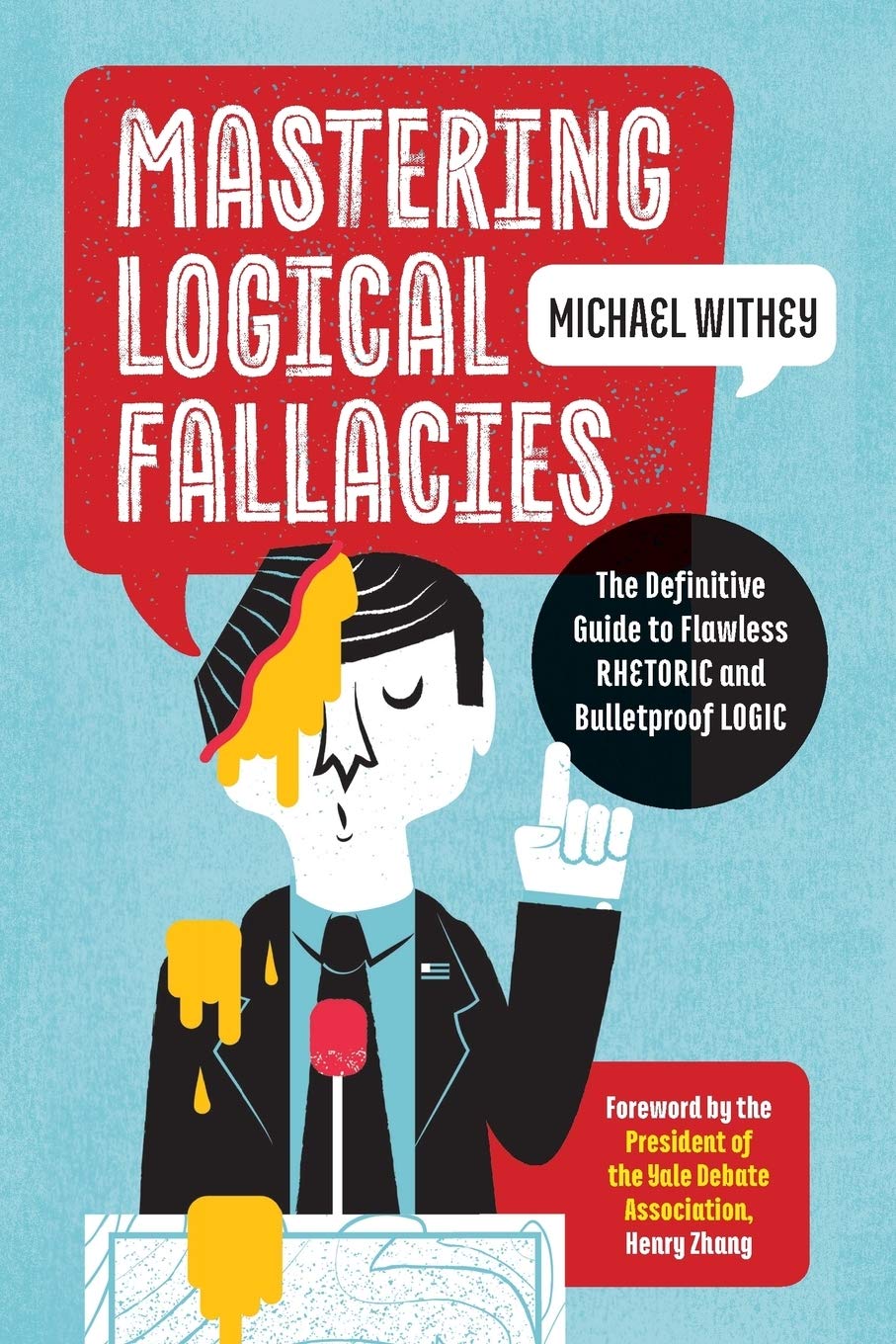The red herring fallacy focuses on arguing for an irrelevant topic with the intention of distracting the audience, this usually happens when the orator finds another topic easier to outline.
Example of Red Herring
- "I know I cheated on the test, Mrs. Holburn. But what am I going to do, my parents will kill me!"
- "Officer, I was speeding. But I have to return this book to the library. I don't want to have to pay a late fee."






